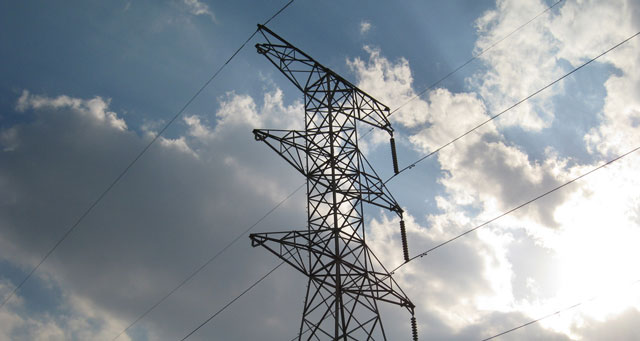
Eskom’s snub against any more independent power producers (IPPs) connecting much needed power to the grid was a temporary measure, said CEO Brian Molefe.
Two weeks after the South African International Renewable Energy Conference, it emerged that Eskom had halted issuing budget quotes for the IPP procurement programme (IPPPP).
The power utility overspent on diesel earlier this year — around R1bn/month — to lessen the impact of load shedding and it failed to get approval for a further electricity price increase in June.
However, finance minister Nhlanhla Nene approved a R23bn bailout to Eskom earlier in June as well as an amendment bill that converted a R60bn loan to equity for the utility.
That clearly was not enough and Eskom said on Tuesday that its current financial plan cannot support any new IPP connections as well as energy purchases.
“Eskom believes that non-issuance of budget quotes is a temporary measure and that very soon a lasting solution will be found to address this matter,” he said in a statement on Tuesday.
Molefe said the decision to temporarily halt the issuance of budget quotes was taken to protect the financial sustainability of Eskom due to the fact that no capital allocation was accommodated for in the current multi-year pricing regime (MYPD3) for IPPs beyond bid window 3.
“While we acknowledge the discomfort that this decision will have on the IPP procurement programme, let me assure you that Eskom is currently engaging with all the relevant stakeholders to resolve this matter as soon as possible,” he said.
“From a transmission and distribution perspective, Eskom has committed to continue with the network integration studies, develop and cost the appropriate solutions associated with IPP connection applications received for bid window 4 and the expedited programme.
“This is to ensure that once the financial situation is resolved, budget quotes can be issued without any further delays,” said Molefe.
Eskom was “surprised” by media reports that quoted the National Energy Regulator (Nersa) as saying that its application for an exemption from the grid code was “cheeky” and tantamount to blackmail.
Eskom said its application for exemption was correct because issuing binding budget quotes without guarantees of how it will source the funding for such a capital intensive project would have been akin to reckless trading.
A total of 5,7GW has been contracted with IPPs, of which 3,9GW is part of the renewable energy IPPPP. By 31 March 2015, 1,8GW of renewable energy generation capacity had been connected to the national grid, with an average load factor of 30,9%.
Short- and medium-term contracts, which were expiring at the end of March 2015, were renewed for another year so that they can continue to contribute to reducing the supply shortage, Eskom explained.
“Eskom is committed to supporting the grid integration of IPPs as evidenced by the 43 projects connected to date since the inception of the procurement programme in 2011,” said Molefe.
“For the renewable energy rounds 1 to 3 (bid windows 1 to 3), Eskom has spent R2,4bn on the backbone infrastructure at both transmission and distribution level to enable the evacuation of energy from the IPPs.”
Eskom has not implemented load shedding for 35 consecutive days and has started its summer maintenance programme to service its ageing power stations, which takes off about 5GW from the country’s 41GW total capacity. — Fin24




